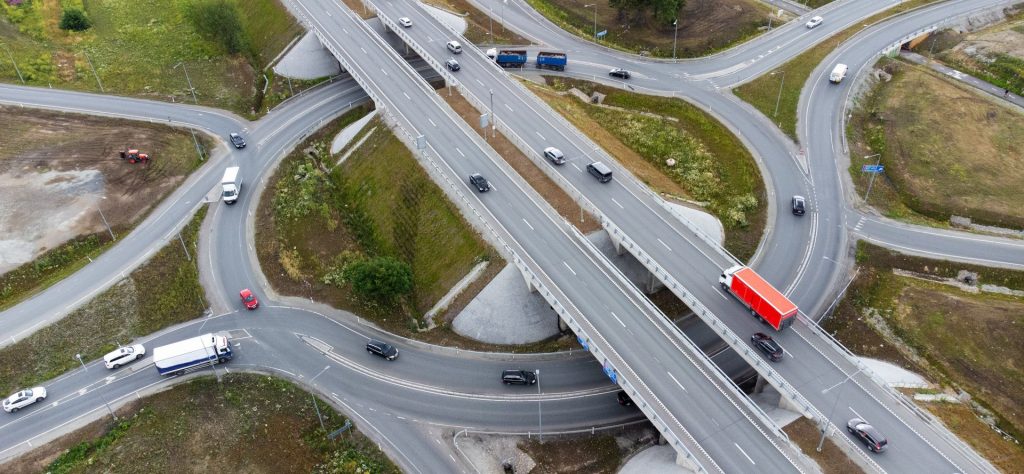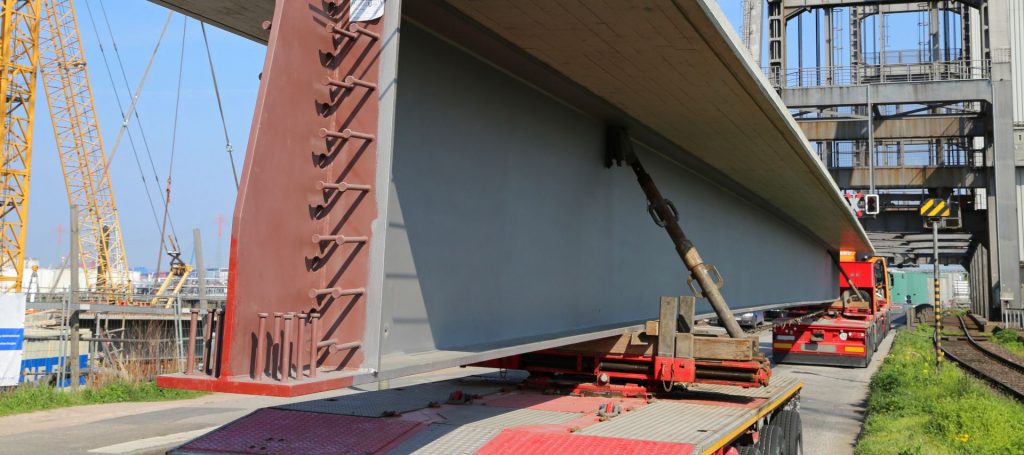Abnormal load transport, a vital component of various industries in the UK and Europe, comes with its fair share of challenges. From navigating through complex legal frameworks to dealing with infrastructure limitations, transport companies in this region face unique hurdles in moving oversized and heavy cargo.
In this blog post, we will explore the specific challenges encountered in the UK and Europe, along with the innovative strategies employed to overcome these obstacles.
Legal and Regulatory Compliance

Transporting abnormal loads within the UK and Europe involves complying with strict legal and regulatory requirements. Each country has its own set of permits and approvals needed for oversized transport, leading to a maze of bureaucracy. Moreover, adhering to weight and dimension restrictions on different roads can vary from region to region, further complicating the planning process.
In the UK, the Department for Transport (DfT) and the Driver and Vehicle Standards Agency (DVSA) regulate abnormal load transport. Transport companies must obtain permits and liaise with local authorities to plan safe routes. In Europe, similar regulations exist, but varying languages and practices across different countries add complexity.
Transport companies operating in the UK and Europe must stay up-to-date with ever-evolving regulations and work closely with relevant authorities to secure the necessary permits. Failure to meet legal obligations can result in significant fines and delays, making compliance a top priority.
Route Planning and Infrastructure

The diverse and often historical road networks in the UK and Europe present unique challenges for abnormal load transport. Planning routes that avoid low bridges, narrow lanes, and roads unsuitable for heavy vehicles requires meticulous attention to detail.
In some areas, the existing infrastructure might not be optimised for handling oversized loads, necessitating road modifications or temporary closures. Effective coordination with local authorities and communities is crucial to ensure the safe passage of abnormal loads while minimising disruptions to regular traffic.
Transport companies often employ specialised route planning software to navigate these challenges efficiently. Digital tools aid in identifying optimal routes, considering bridge heights and weight restrictions, and providing real-time traffic updates for swift adjustments.
Load Stability and Safety

Ensuring the stability and safety of oversized cargo during transportation is a critical concern in the UK and Europe. Irregularly shaped loads require specialised load securement techniques and equipment to prevent shifts or imbalances that could jeopardise safety on the roads.
Transport companies must invest in skilled personnel who are experts in load securement, and regular inspections of equipment are essential to identify and address any potential issues. Emphasizing safety protocols throughout the transportation process is vital to prevent accidents and protect both the public and valuable cargo.
In Europe, the European Union Directive 96/53/EC sets the standards for vehicle dimensions and weights, including abnormal load transport. This directive promotes uniformity in load securement guidelines across member states.
Cost Management

Cost management is a significant challenge for abnormal load transport in the UK and Europe. Obtaining permits, dealing with varying regulations, and investing in specialised equipment all contribute to higher operational expenses.
To maintain competitiveness, transport companies must adopt cost-efficient practices, optimise routes to minimise distances, and leverage technology for fuel efficiency. Transparent pricing models and effective budgeting help ensure that customers receive competitive quotes while covering operational costs.
Companies may also explore the possibility of combining loads when feasible, utilising multi-modal transportation (combining road, rail, and sea routes), or partnering with other logistics providers to optimise resources and reduce costs.
Conclusion:
The challenges faced by transport companies in the UK and Europe regarding abnormal load transport require comprehensive planning, adherence to regional regulations, and unwavering dedication to safety.
By employing innovative solutions and industry expertise, companies can successfully navigate these challenges and continue to play a pivotal role in supporting various sectors throughout the region.
Contact Buildings UK today to explore how we can help transport your abnormal load throughout the UK and Europe.








